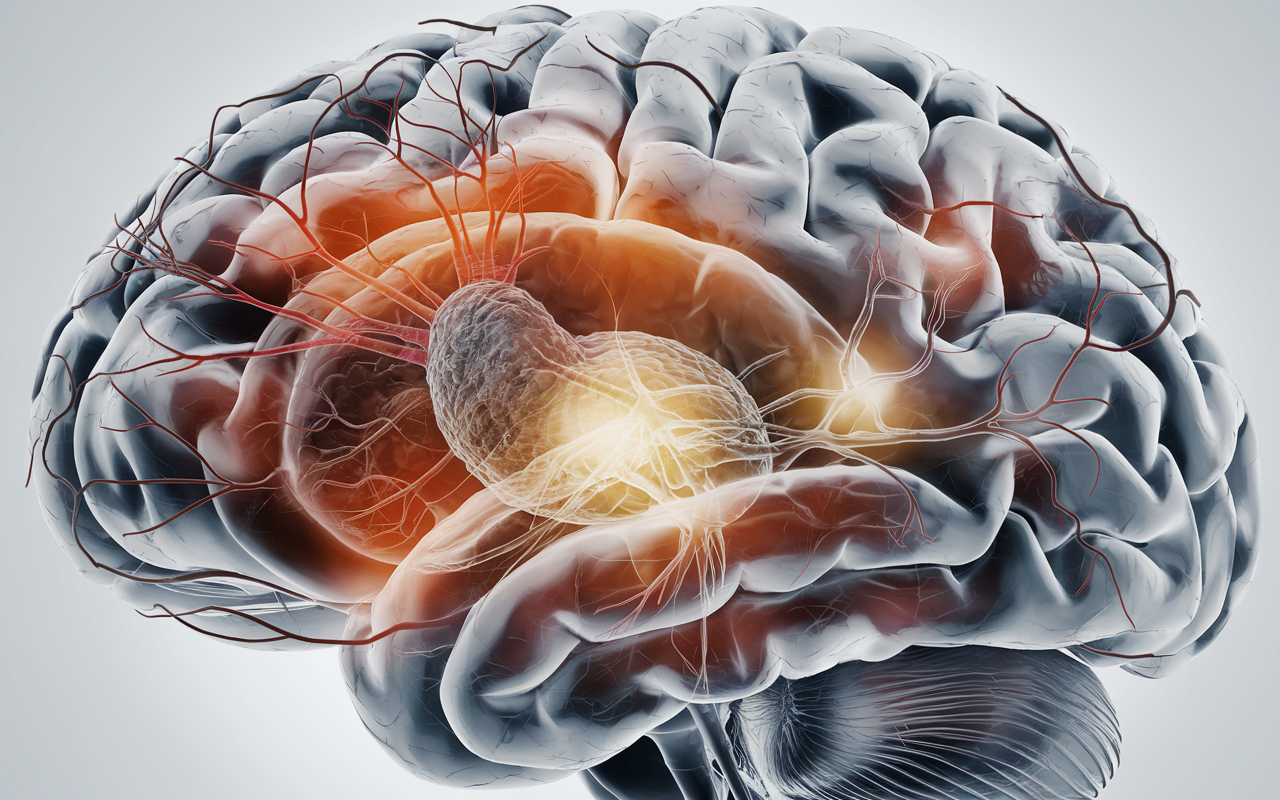Doctorhub360.com Neurological Diseases: A Comprehensive Guide

Neurological diseases impact millions worldwide, affecting the brain, spinal cord, and nerves. With the growing prevalence of these conditions, understanding their causes, symptoms, and treatment options is crucial. For those seeking reliable and in-depth information, doctorhub360.com neurological diseases serves as a valuable resource. It provides expert insights, guidance, and tools to navigate complex neurological conditions effectively.
In this guide, we will delve into common neurological diseases, their diagnosis, treatment, and ways to improve overall neurological health. Whether you’re a patient, caregiver, or simply curious, this comprehensive resource offers valuable knowledge to empower and educate.
Understanding Neurological Diseases
Neurological diseases refer to disorders of the nervous system, which includes the brain, spinal cord, and peripheral nerves. These conditions can lead to a range of symptoms, including pain, impaired movement, memory loss, and cognitive decline.
The nervous system plays a critical role in controlling bodily functions. When disrupted, it can significantly affect a person’s quality of life. Therefore, early diagnosis and intervention are essential for managing neurological diseases effectively.
Common Types of Neurological Diseases
Alzheimer’s Disease
Alzheimer’s is a progressive neurological disorder that causes memory loss, confusion, and cognitive decline. It primarily affects older adults and is the most common cause of dementia. The condition develops gradually, making early symptoms easy to overlook.
Early intervention can help slow its progression and improve the patient’s quality of life. Research shared on doctorhub360.com neurological diseases highlights the importance of lifestyle changes, medication, and brain exercises in managing Alzheimer’s symptoms.
Parkinson’s Disease
Parkinson’s disease is a movement disorder caused by the loss of dopamine-producing neurons in the brain. It results in symptoms such as tremors, stiffness, slow movement, and balance issues.
Though there is no cure, treatment options like medication, physical therapy, and deep brain stimulation can help manage symptoms effectively. Doctorhub360.com neurological diseases also emphasizes the role of nutrition and regular exercise in slowing disease progression.
Epilepsy
Epilepsy is a neurological disorder characterized by recurrent seizures caused by abnormal electrical activity in the brain. The condition can affect individuals of all ages and may range from mild to severe.
Treatment involves anti-seizure medications, lifestyle adjustments, and, in some cases, surgery. Doctorhub360.com neurological diseases offers detailed information on seizure triggers, diagnosis, and coping strategies for patients.
Multiple Sclerosis (MS)
Multiple sclerosis is an autoimmune condition where the immune system attacks the protective covering of nerve fibers (myelin). This leads to communication problems between the brain and body, causing fatigue, weakness, and coordination issues.
While there is no cure, treatments like disease-modifying therapies and rehabilitation can manage symptoms. Resources on doctorhub360.com neurological diseases provide expert guidance on living with MS and improving daily functioning.
Stroke
A stroke occurs when blood flow to the brain is disrupted, either by a clot (ischemic stroke) or bleeding (hemorrhagic stroke). This sudden event can lead to paralysis, speech issues, and cognitive impairment.
Immediate medical intervention is vital for minimizing brain damage. Doctorhub360.com neurological diseases outlines warning signs of strokes, prevention tips, and post-stroke rehabilitation options.
Migraine
Migraine is a neurological condition characterized by intense headaches, nausea, and sensitivity to light or sound. Though often dismissed as “just a headache,” migraines can severely impact daily life.
Triggers like stress, hormonal changes, and diet can exacerbate symptoms. Doctorhub360.com neurological diseases highlights ways to manage migraines through medication, relaxation techniques, and lifestyle modifications.
Symptoms of Neurological Diseases
Neurological disorders can present a wide variety of symptoms, depending on the area of the nervous system affected. Common symptoms include:
- Chronic headaches or migraines
- Muscle weakness and tremors
- Memory loss or confusion
- Impaired speech or vision
- Numbness or tingling in the limbs
- Loss of coordination or balance
- Seizures or fainting
Recognizing these symptoms early is crucial for prompt diagnosis and treatment. Doctorhub360.com neurological diseases provides tools and resources to help individuals identify and address these signs.
Diagnosing Neurological Diseases
Diagnosing neurological diseases involves a series of tests and evaluations to determine the underlying condition. Neurologists use various methods, including:
- Medical History Review: Understanding symptoms, family history, and lifestyle factors.
- Neurological Examination: Testing reflexes, coordination, muscle strength, and sensory responses.
- Imaging Tests: MRI, CT scans, and PET scans to visualize the brain and spinal cord.
- Electrophysiological Tests: EEGs to measure brain activity and EMGs to assess nerve function.
- Cognitive Testing: Assessing memory, language, and problem-solving skills.
Doctorhub360.com neurological diseases emphasizes the importance of comprehensive diagnostic approaches for accurate results and effective treatment planning.
Treatment Options for Neurological Diseases
The treatment of neurological diseases varies depending on the condition and its severity. Common approaches include:
Medications
Medications play a vital role in managing symptoms, reducing inflammation, and slowing disease progression. For instance, anti-seizure drugs are used for epilepsy, while dopaminergic medications help control Parkinson’s symptoms.
Physical and Occupational Therapy
Therapies help patients regain mobility, improve muscle strength, and adapt to daily challenges. Physical therapy is particularly beneficial for stroke recovery and Parkinson’s disease management.
Surgery
In some cases, surgical interventions may be necessary. Procedures like deep brain stimulation (DBS) for Parkinson’s disease or epilepsy surgery can significantly improve quality of life.
Lifestyle Modifications
Healthy habits such as regular exercise, balanced nutrition, and stress management contribute to better neurological health. Doctorhub360.com neurological diseases often highlights the role of sleep, meditation, and hydration in improving brain function.
Prevention of Neurological Diseases
While some neurological conditions are unavoidable, many can be prevented or delayed through proactive measures. Key prevention strategies include:
- Maintaining a Healthy Lifestyle: Regular physical activity, a nutritious diet, and adequate sleep.
- Managing Chronic Conditions: Controlling diabetes, hypertension, and cholesterol levels to reduce stroke risks.
- Avoiding Toxins: Limiting alcohol consumption, avoiding smoking, and reducing exposure to harmful chemicals.
- Cognitive Exercises: Engaging in activities like puzzles, reading, and brain games to strengthen cognitive function.
Doctorhub360.com neurological diseases provides comprehensive tips and advice for adopting preventive measures to reduce neurological risks.
Living with Neurological Diseases
Receiving a neurological disease diagnosis can be overwhelming, but the right support and resources can make a significant difference. Doctorhub360.com neurological diseases encourages a holistic approach to managing life with these conditions.
- Support Systems: Building a strong network of family, friends, and support groups.
- Mental Health Care: Managing stress, anxiety, and depression through counseling or therapy.
- Adaptive Tools: Utilizing assistive devices like mobility aids, speech tools, and home modifications for convenience.
By adopting a positive mindset and seeking professional guidance, individuals can lead fulfilling lives despite their neurological challenges.
Frequently Asked Questions
What are the most common neurological diseases?
Some of the most common neurological diseases include Alzheimer’s disease, Parkinson’s disease, epilepsy, multiple sclerosis, migraines, and stroke.
How are neurological diseases diagnosed?
Neurologists use imaging tests like MRI, neurological exams, and electrophysiological studies to diagnose neurological conditions accurately.
Can neurological diseases be prevented?
While not all neurological diseases can be prevented, healthy lifestyle choices, such as exercise and proper nutrition, can reduce risks.
What treatments are available for neurological diseases?
Treatments include medications, physical therapy, lifestyle changes, and in some cases, surgical interventions.
How can I improve brain health naturally?
Brain health can be improved through regular physical activity, cognitive exercises, balanced nutrition, and adequate sleep.
Is doctorhub360.com a reliable resource for neurological diseases?
Yes, doctorhub360.com provides accurate, expert-backed information and resources on neurological diseases, their management, and prevention.






